Ezra’s Middle Market Venture Leasing Model
Ezra Climate (Ezra) is a lending platform that enables ClimateTech enterprises to expand without the burden of traditional financing barriers.
Ezra’s Business Model: A Platform for Sustainable Growth
Ezra provides a comprehensive solution for climate companies facing difficulties in obtaining early and growth-stage debt financing. Ezra provides two solutions to climate companies:
• Debt financing for climate companies. This includes on- and off-balance sheet financing solutions for use cases such as working capital, customer financing, and asset financing. Ezra deploys capital starting at $3-5M and up to $50M+. Ezra provides lower-cost capital than venture debt, and lowers the cost of capital over time as companies grow.
• Ezra’s Hardware-as-a-Service platform. Ezra’s software and financing platform allows climate companies to offer customers their technology via a subscription/rental/lease model. This includes designing and launching the lease product, managing it, and capitalizing it.
Differentiation in a Competitive Market
Ezra is dedicated to filling the ‘missing middle’ of climate finance. Mairi Robertson, Director of Asset Financing, states: “Our goal is to bridge the missing middle in climate financing, focusing on deals ranging from $5 million to $25 million. This part of the market isn’t properly served by capital markets today, and it is an existential stage to survive for climate companies who are trying to scale and deploy their technologies.”
Unlike traditional financiers who shy away from this segment due to high diligence costs, Ezra invests in these mid-market deals with a growth-focused model. This strategy benefits entrepreneurs and secures Ezra’s investment in the developing field of climate solutions.
Working with Ezra
Ezra works with companies at a number of stages in their development:
• Climate Financing Bootcamp: At the earliest stages, startups can engage with Ezra’s Climate Financing Bootcamp. This self-service module allows companies to set up the basics of a hardware-as-a-service program and design a lease, such as determining monthly payments, leasing lengths, unit economics, and other factors.
• Debt capital formation: Companies that forecast requiring $3-5M of debt financing in the next 6 months should begin to engage with debt capital providers like Ezra. Securing debt can be a multi-month process, and we encourage founders to get the process started early.
• Hardware-as-a-service deployment: Companies planning to deploy a “HaaS,” lease, subscription, or rental model should engage with Ezra ahead of time. Customizing the platform for each company and deploying capital with it can be a multi-month process.
To unlock Ezra’s capital products, startups should be past the initial proof-of-concept stage (de-risked science) and have:
• Traction with capital raising: 12 months of runway or 50% soft circled in the current fundraise
• Viable unit economics
• Customer traction: $3-5M within 6 months in deployment needs (sales pipeline, customer credit, S&M activities)This profile ensures that the startup and Ezra can successfully manage and foresee risks while maintaining a consistent growth trajectory.
Considerations Before Working with Ezra
As Mairi points out, “While some may view hardware-as-a-service as riskier than traditional asset sales, we believe that it opens up new customer segments who may not otherwise be able to afford the high upfront costs of some climate technology.”
In addition, securing debt financing is a very different process from securing equity financing. As a result, Ezra advises companies that additional work and diligence may be required as part of the capital-raising process that they would not have experienced on the equity side. The sooner companies engage with debt providers like Ezra, the quicker these can be surfaced and resolved.
Takeaways
Ezra’s innovative strategy is a game changer in the climate finance sector. As climate technology’s importance and influence grow, funding options such as Ezra’s venture leasing will be critical in building a more sustainable future.

